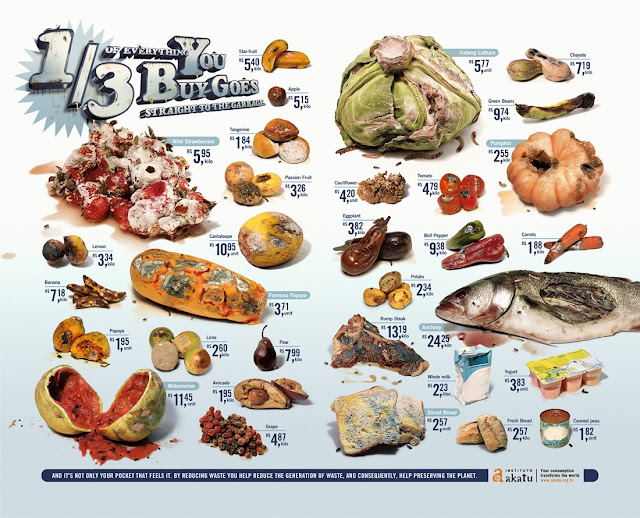If you haven't heard about the SSU restructure... You might want to find out, because it passed with the approval of 66% of the student body, and that means you probably voted on it.
The restructure mostly serves to redirect the student government towards resolving student issues and developing the student body, rather than focusing on events for the events' sake or being lead by interest groups that do not necessarily have the interests of the entire student body in mind. It also seeks to represent the student body more evenly and help the entire SSU to run more efficiently and effectively. This will have an effect on much more than Environmental Department, but it will affect us in a few ways:
1. Environmental Department is going to become Sustainability Committee.
Although E.D. is currently required to attend monthly Chair Persons' Meetings (CPMs) with all SSU leaders, Sustainability Committee Chairs will not be required to do so. They will, however, be able to present concerns or propose ideas to SSU as a guest at these meetings if they would like. This is because...
2. Sustainability Committee chairs will be appointed by the previous year's chairs rather than elected by the student body. (This is actually how it was done until 2 years ago.)
Second, if Sustainability Committee / E.D is meant to act as SUA's version of the U.S. Environmental Protection Agency (EPA)... Well, guess what? That's an appointed position too.
This will not change any of E.D.'s current rights or responsibilities, such as meeting with and making recommendations to the campus Environmental Committee, listening to student environmental concerns, proposing ideas to the SSU, or hosting events. However, it will more accurately reflect the intentions and goals of the student government.
In addition to the SSU Restructure, the study body also voted to repeal the Environmental Amendment this week.
What does this mean?
The Environmental Amendment was a list of restrictions on disposable and single-use items (like individually wrapped candies) and the number of large posters that could be printed.
These were admirable goals, approved by the student body several years ago. Unfortunately, the amendment was never enforced. Every year, clubs use bowls of candy to attract new members, event leaders leave candies or bookmarks outside people's doors to encourage attendance, and Graduation Department posts several large posters. This year's SSU decided it was time to either start enforcing this rule or get rid of it, which raised several questions: Who should be responsible for enforcing such an amendment? (EC? ED? Hyon Moon?) How could it be realistically enforced? Are students willing to sacrifice aspects of some events, like the hilarious 100 days posters? Will enforcing this rule take away man power from other student initiatives? Are these the most important environmental issues for us to focus on?
The student body did not vote to start actually enforcing it.
However, this does not mean it has to disappear from the conversation.
Although we have decided to remove the amendment from the SSU Constitution, it can still be included in the Sustainability Charter--perhaps in an even better form. As students of this university and future world leaders, we have a responsibility to continue to discuss these issues and find new solutions.
How can you personally reduce your use of disposable items in your daily life?
If you are interested in helping shape official Sustainability Department attitudes, goals, and policies on this and other issues, contact Chelsea, Yona, and Sarah. This May we will be revamping and updating the current Environmental Department Charter. If you're interested we'd love to include you in that process!
If you have any questions, concerns, or comments, please get in touch with ED or EC. You can comment below, find us on FaceBook, or shoot us an email.







